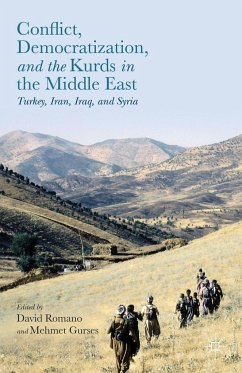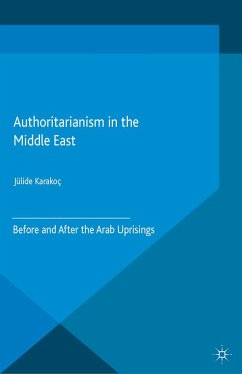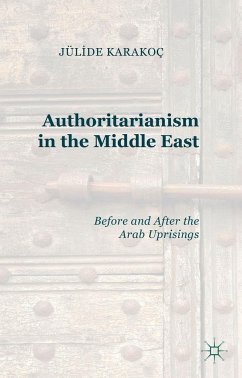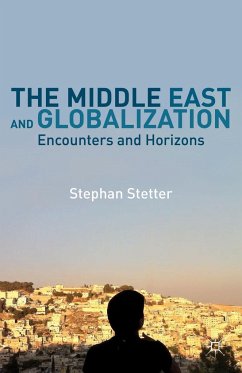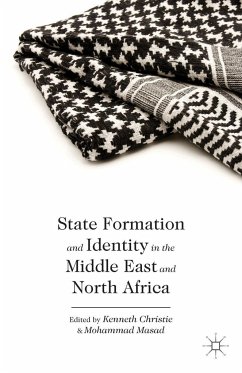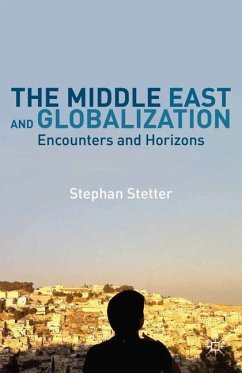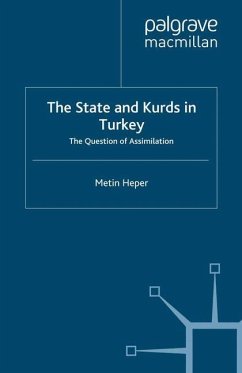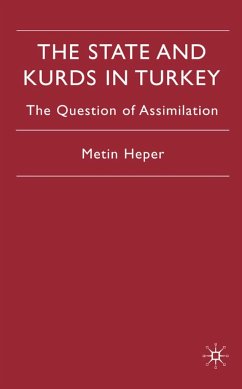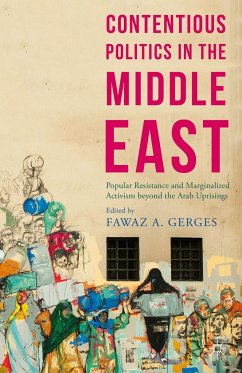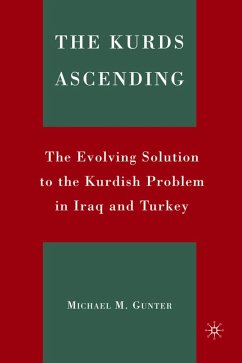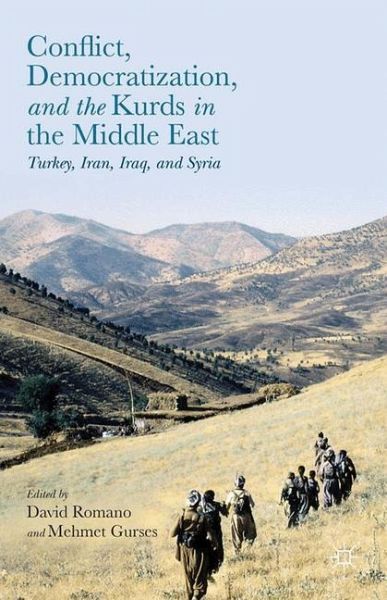
Conflict, Democratization, and the Kurds in the Middle East
Turkey, Iran, Iraq, and Syria
Versandkostenfrei!
Versandfertig in 6-10 Tagen
83,99 €
inkl. MwSt.
Weitere Ausgaben:

PAYBACK Punkte
42 °P sammeln!
In Turkey, Iran, Iraq, and Syria, central governments historically pursued mono-nationalist ideologies and repressed Kurdish identity. As evidenced by much unrest and a great many Kurdish revolts in all these states since the 1920s, however, the Kurds manifested strong resistance towards ethnic chauvinism. What sorts of authoritarian state policies have Turkey, Iraq, Iran and Syria relied on to contain the Kurds over the years? Can meaningful democratization and liberalization in any of these states occur without a fundamental change vis-à-vis their Kurdish minorities? To what extent does the...
In Turkey, Iran, Iraq, and Syria, central governments historically pursued mono-nationalist ideologies and repressed Kurdish identity. As evidenced by much unrest and a great many Kurdish revolts in all these states since the 1920s, however, the Kurds manifested strong resistance towards ethnic chauvinism. What sorts of authoritarian state policies have Turkey, Iraq, Iran and Syria relied on to contain the Kurds over the years? Can meaningful democratization and liberalization in any of these states occur without a fundamental change vis-à-vis their Kurdish minorities? To what extent does the Kurdish issue function as both a barrier and key to democratization in four of the most important states of the Middle East? While many commentators on the Middle East stress the importance of resolving the Arab-Israeli dispute for achieving 'peace in the Middle East,' this book asks whether or not the often overlooked Kurdish issue may constitute a more important fulcrum for change in the region, especially in light of the 'Arab Spring' and recent changes in Turkey, Iraq, Iran and Syria.



